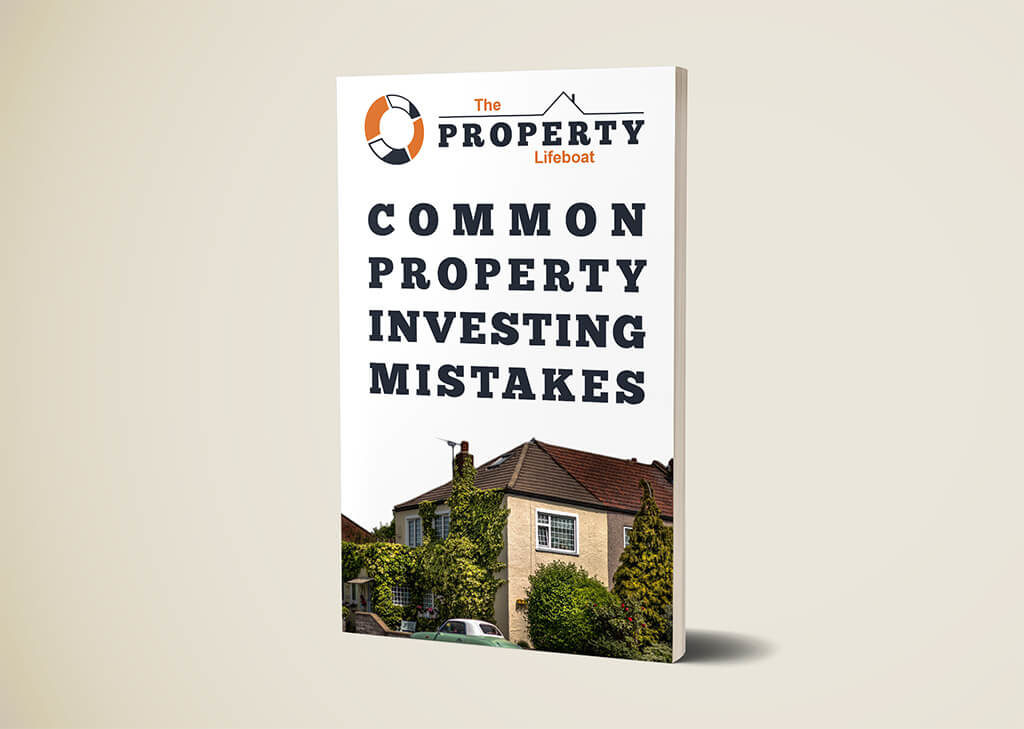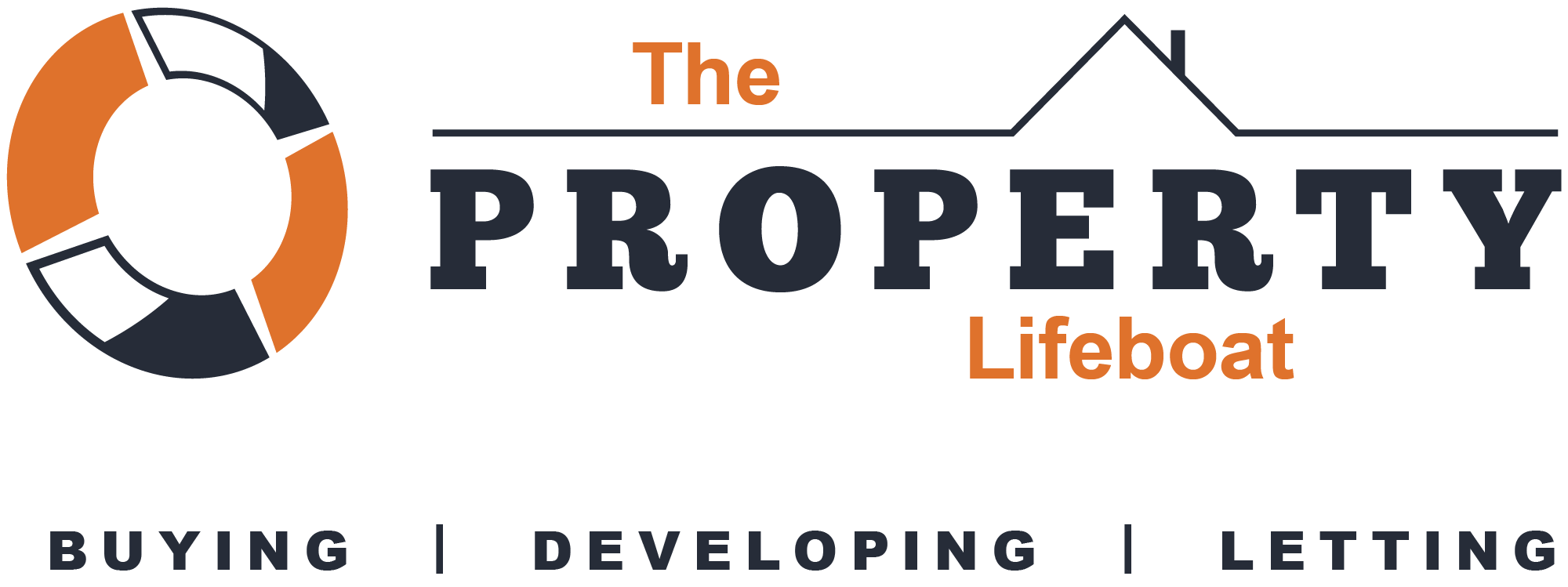
In our ongoing series of tips on buy-to-let investing it’s time to get down into the nitty gritty of the numbers.
Tip 6: Don’t be over ambitious – go for rental yield and remember costs
HOW TO WORK OUT THE RETURN ON YOUR BUY-TO-LET INVESTMENT
Remember, if you are buying with a mortgage, rental yield will not be the return you get.
To work out your annual return on investment subtract your annual mortgage cost from your annual rent and then work this sum out as a percentage of the deposit you put down.
For a £100,000 property that could rent for £500 per month, you would need a £25k deposit and roughly £2,000 in buying costs.
£75k mortgage at 5% interest rate = £312.50
£500 rental income x 12 = £6,000
Difference = £2,250
Deposit + buying costs = £27k
Annual return = 8.3%
Don’t forget tax, maintenance costs and other landlord expenses will eat into that return.
We have all read the stories about buy-to-let millionaires and their huge portfolios. But the days of double-digit house price rises are gone, so experts say invest for income not short-term capital growth.
To compare different property’s values use their yield: that is annual rent received as a percentage of the purchase price. For example, a property delivering £10,000 worth of rent that costs £200,000 has a 5% yield.
Rent should be the key return for buy-to-let. Most buy-to-let mortgages are done on an interest-only basis, so the amount borrowed will not be paid off over time.
If you can get a rental return substantially over the mortgage payments, then once you have built up a good emergency fund, you can start saving or investing any extra cash.
Remember though, people rarely buy a home outright and they come with running costs, so mortgage costs, agents fees must be worked out and they will eat into your return.
Once mortgage, costs and tax are taken into account, you will want the rent to build up over time and then potentially be able to use it as a deposit for further investments, or to pay off the mortgage at the end of its term.
This means you will have benefited from the income from rent, paid off the mortgage and hold the property’s full capital value. You may also be interested in our other articles in the series.
FREE 'Common Property Investing Mistakes' guide.

We have created a free guide to help you get going on your property investment journey. This invaluable guide includes the most common property investing mistakes. The guide is completely FREE and you can claim your free guide by clicking here.

